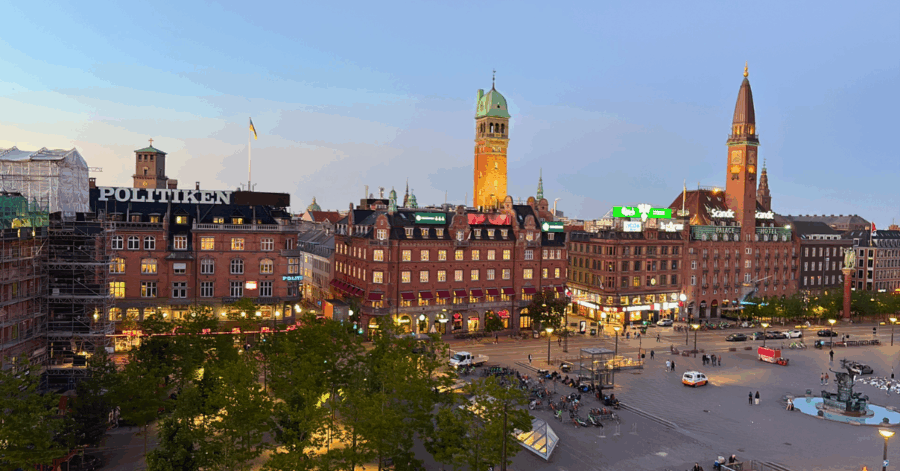Hello again! One thing you should know about me is that music governs a major part of my life, and it is very likely that music also plays a major role in your life as well. According to a 2017 report released by Nielsen Music, Americans listen to a little over 32.1 hours of music a week, while the global average is 17.8 hours. This data only takes into consideration the top 18 music markets in the world, which makes the gap between the US and the world even more significant. As you can infer by now, this blog will be about music, but precisely on how it affects daily life and how I am still amazed by how the Chinese music market greatly differs to that of Western countries.
One of the first conversations I had with my Chinese roommate was about music, surprisingly. I wanted to know about the music market in China, specifically to find out if Western music is as popular in China as in other parts of the world. I go to quite a few concerts in Austin so I did my research before coming to Shanghai to find out whether I would be able to see my favorite artists perform live. Sadly, I quickly found out I was not going to be able to do so, and subsequently wondered why this was the case. Although many Chinese citizens like listening to many world-famous artists like Justin Bieber and Taylor Swift, China’s music market is still greatly dominated by Chinese music. Chinese ballads and folk songs are extremely famous in China, particularly because they are very easy to sing along to and therefore commonly present in KTV bars and lounges. As I was becoming more aware of how music operates in China and what music genres Chinese like listening to the most, I felt I was on a mission to motivate at least a few of the Chinese roommates in the program to listen to more Western music.

I started off with my roommate, I first wanted to see if he could identify the music of extremely famous artists across history like The Beatles, Michael Jackson, and Elvis Presley. I was ready for a back-and-forth conversation about many of my favorite artists, but to my great surprise he only recognized about 3 of the possibly 25 songs I showed him; he had never even heard of Elvis Presley! “Jailhouse Rock,” “Can’t Help Falling in Love,” “Suspicious Minds,” are you kidding me, roomie? I was shook! I couldn’t believe I was showing him many songs like “Come Together,” “Yesterday,” and “Smooth Criminal” and he had no idea of their impact at a global scale. I soon tried to find out if more Chinese students were not aware of this part of Western culture and it turns out that for the most part, not knowing who Queen, The Rolling Stones, and Led Zeppelin are is a common thing for those born post-1990s.

I knew that bands like The Beatles had an impact all over the world and the CET Shanghai Program Director confirmed with me that many famous names in Western pop culture are well-known across those born in China in the 1960s, 1970s, and 1980s. From our conversation, I also learned that although China has grown at an incredible pace during these past years, many cities like Shanghai try to keep up with the Western world but it seems like any cultural connection is rather short and temporary. Many young Chinese know about what is going on in the Western world at the moment, but this does not necessarily motivate them to know more about Western culture. This greatly affects the way a friendly conversation would usually start off in the states: asking about hobbies and interests in hopes of finding something in common to talk about.

I realized that the culture in surrounding countries greatly affects the general global knowledge of Chinese citizens, and the same applies to US citizens. The average American can possibly recognize someone speaking French, Spanish, or German without even knowing how to say a single word. In recent years there was been a rise in Spanish-speaking music in the Western world following the commercial success of Luis Fonsi’s “Despacito.” China has a much closer connection to countries like Japan and South Korea. Although K-pop was banned in China in 2016, it is still very popular among Chinese girls. Manga and anime, Japanese graphic novels and hand-drawn computer animation respectively, are very popular among Chinese youngsters. Japanese and Chinese share over 60% of their vocabulary, and although the pronunciation of these characters is very different, the meaning stays the same. The proximity and influence of neighboring countries greatly affects the cultural interest the US and China have towards each other. It is true that many Chinese don’t recognize much of the music that is responsible for the 32.1 hours of music we listen to a week, yet most of us can’t even mention two or three popular Chinese songs.
Coming to China made me realize how much we all need to learn about the world. We are so used to solely caring about our surroundings that we don’t pay attention to what is happening on the other side of the world. Many things that affect our daily lives may have no significant impact on the lives of others. I didn’t realize how disconnected many countries are from each other until I started to live in China. It is very important to completely immerse yourself in another culture to appreciate all those differences that make it completely unique and to grow to understand why life is the way it is in many countries.
This post was contributed by Diego Maldonado, a 2019 Global Ambassador majoring in aerospace engineering.
Don’t get left behind. Read more about Diego’s experience in China>>






